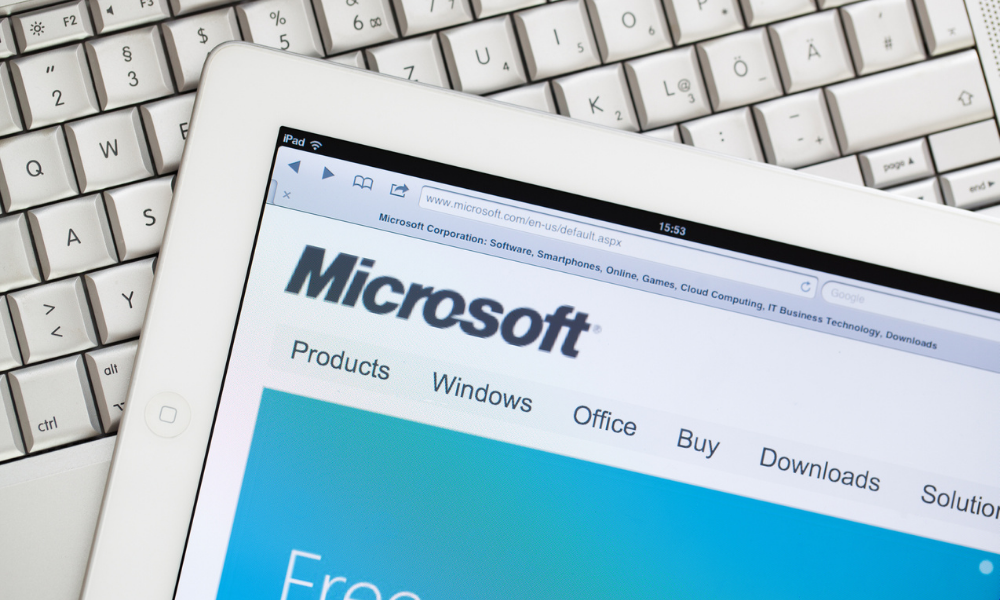
The initiative has enabled the firm to save more than $100,000

Mills Oakley has adopted Microsoft tech in an initiative to streamline its IT processes.
“With unauthorised access to data being an ongoing risk to an enterprise facing significant fines as well as seriously damaging reputations, ensuring system access is properly controlled is a critical requirement,” the firm said.
Mills Oakley said it has begun utilising Microsoft Multi-Factor Authentications (MFA) to manage access to systems, replacing identity cloud software Okta. According to CIO Luke Kendall, the adoption of this tech will bolster the user experience for both staff and clients while improving information security posture and boosting operating efficiency.
“With support from partner, Olikka, Mills Oakley was able to leverage technology it was already licensed for to deliver the same service and experience it was getting without having to pay an additional fee to a third party, something it had previously been doing with Okta,” the firm said.
Kendall said that the decision to switch to Microsoft MFA was “a win-win solution.”
“The transition to Microsoft MFA was part of a broader adoption of Microsoft technologies,” he told Australasian Lawyer. “As part of our Windows 10/O365 upgrade, we identified other technologies within the Microsoft portfolio that were a strong strategic fit. These included Azure Single Sign On, Teams and of course MFA.”
Using Microsoft MFA has also enabled Mills Oakley to save more than $100,000 “at a time when worldwide IT spending is tipped to plunge 7.3% this year following on from the pandemic,” the firm said.
Kendall said that in the current climate, investing in proper IT is especially crucial for law firms.
“The pandemic has highlighted the pervasiveness of the internet and associated technology in supporting commerce,” he said. “For a full-service national law firm to be able to continue providing clients with ongoing services through the pandemic speaks volumes to the criticality in ensuring technology adoption is fit for purpose.”
Kendall said that few business processes don’t have an underlying dependence on technology nowadays.
“Accordingly, it is critical the underlying IT is in a position to secure and support the business, with a growing demand (especially during COVID-19) for anytime, anywhere access – from both clients and staff alike,” he said.